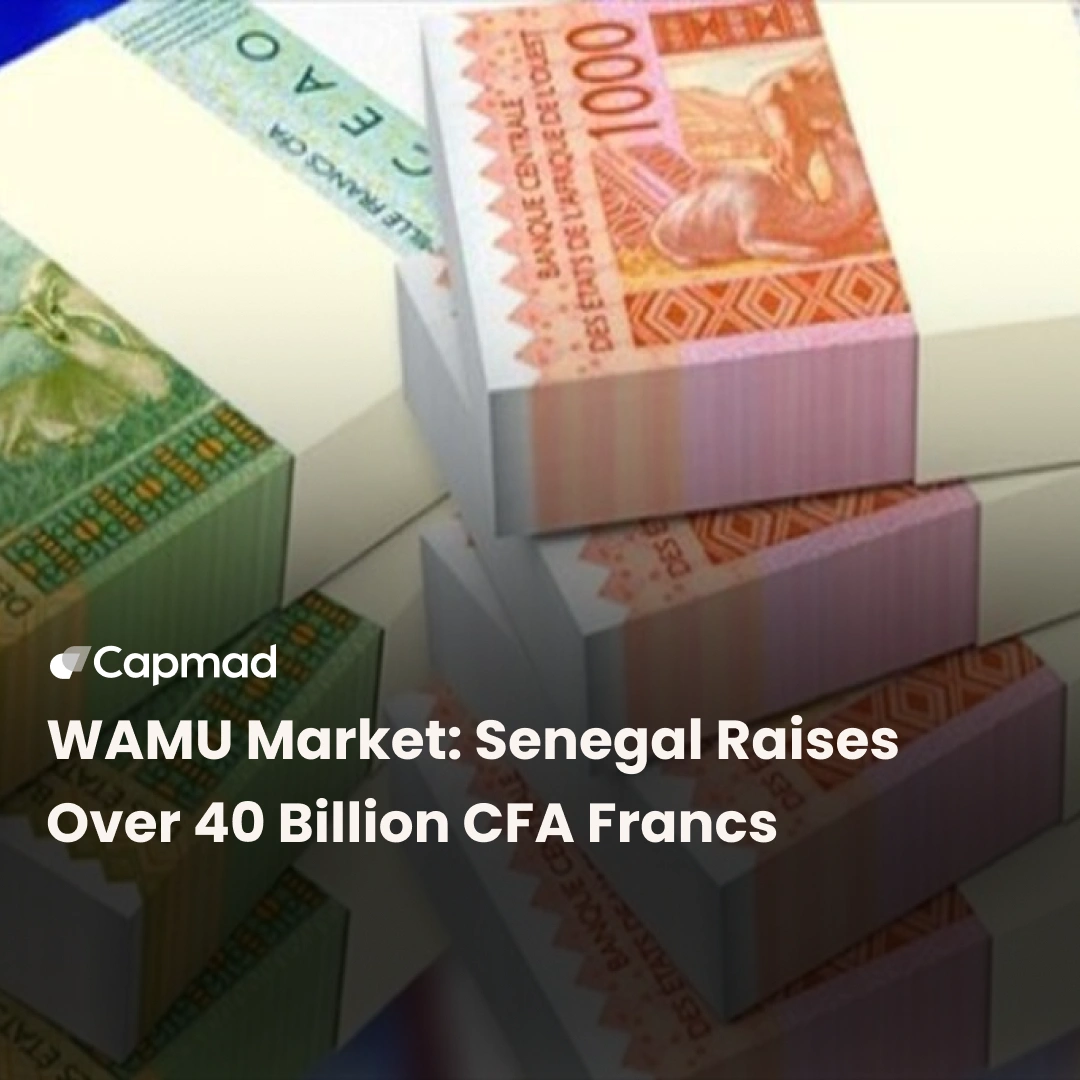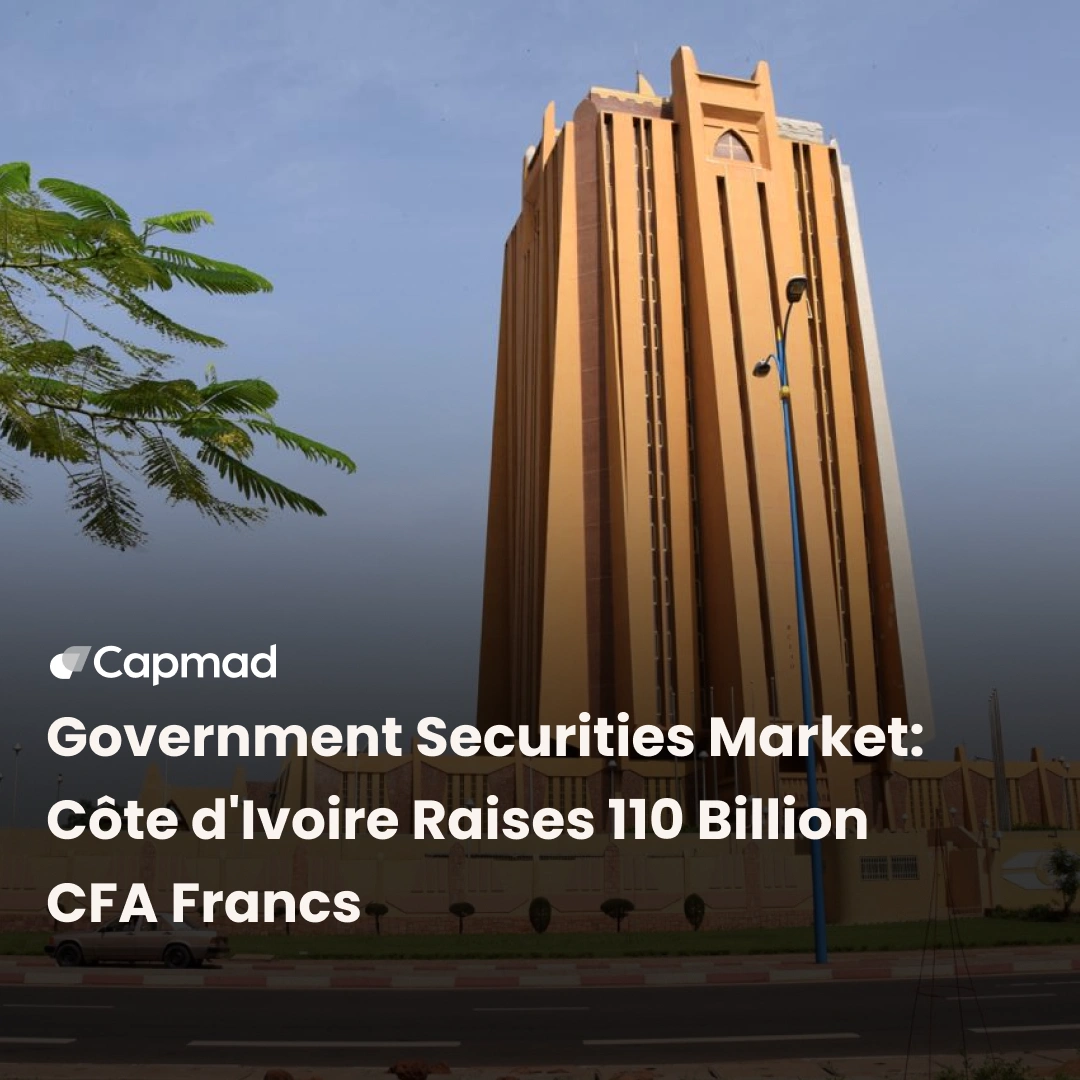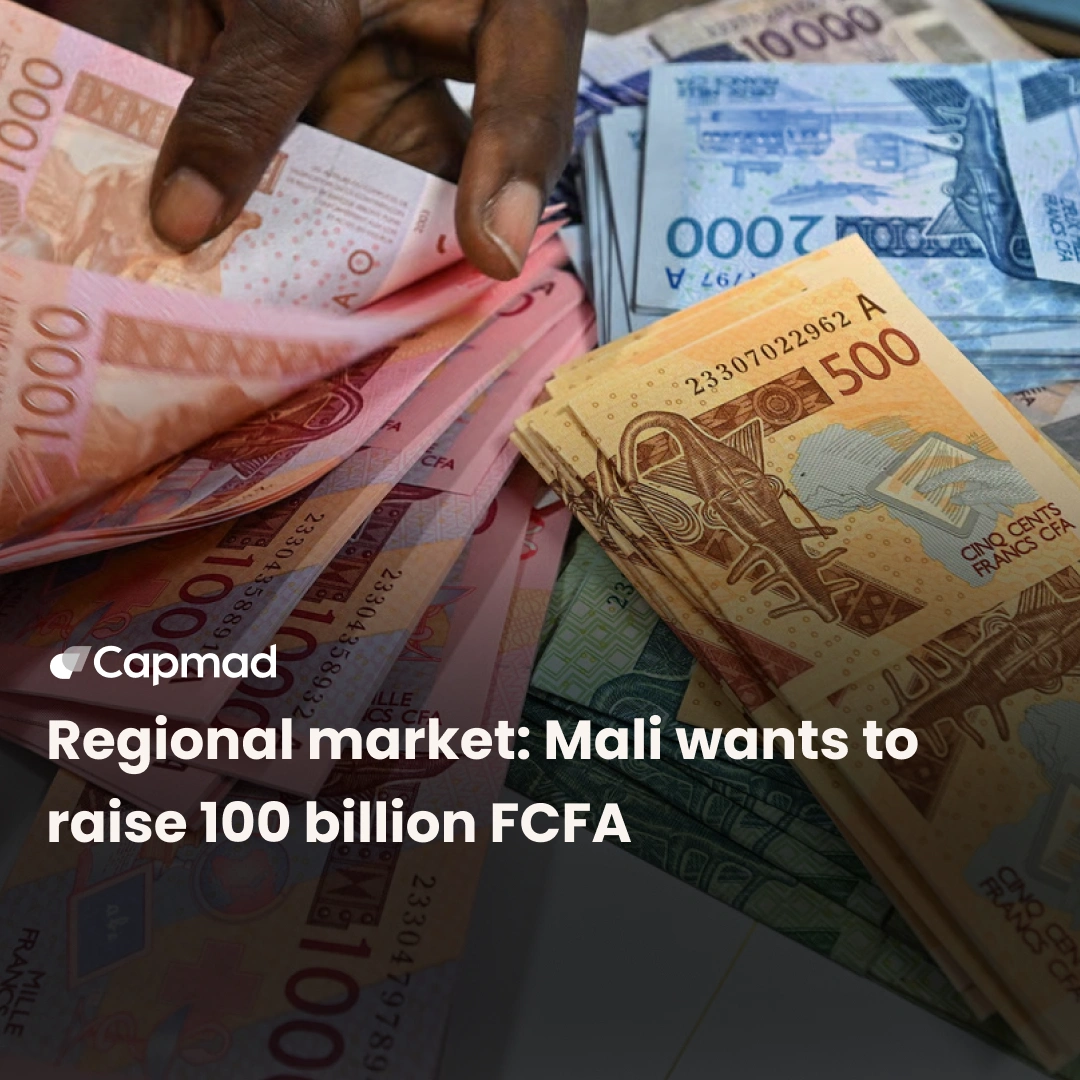Casablanca, the largest city in Morocco, is often seen as the economic heart of the country. Over the years, it has positioned itself as a key player on the African financial scene through the creation of Casablanca Finance City (CFC). Inaugurated in 2010, CFC aims to make Casablanca the premier business hub in Africa, attracting investors, companies, and talent from around the world.
Attractive regulatory framework
One of Casablanca Finance City’s main strengths is its regulatory framework. The Moroccan government has implemented tax incentives and administrative simplification measures to attract companies. Businesses that set up in CFC benefit from a tax exemption for the first five years, followed by a reduced rate of 8.75% for subsequent years.
Additionally, companies can enjoy an exemption from value-added tax (VAT) on certain services. This favorable framework allows CFC to stand out from other African business hubs.
Modern and connected infrastructure
Casablanca Finance City is also synonymous with modern infrastructure. The business district is designed to meet the needs of international companies, with high-quality offices, coworking spaces, and conference centers.
The city of Casablanca is well-served by transportation, with an international airport connecting the city to numerous destinations worldwide. Additionally, the development of the tramway and modern roads facilitates movement within the city, making CFC easily accessible.
Dynamic ecosystem
CFC is more than just an office space. It is a true business ecosystem that promotes innovation and collaboration. The center hosts companies from various sectors, including finance, information technology, industry, and services.
This diversity creates an environment conducive to synergies and partnerships. Additionally, CFC regularly organizes events, conferences, and workshops to foster exchanges among market players.
Hub for Africa and beyond
Casablanca Finance City does not only attract Moroccan companies. It also aims to become a hub for companies looking to establish themselves in Africa. Thanks to its strategic geographic position, CFC offers privileged access to African markets. Companies based in CFC can easily expand their activities to other African countries, benefiting from a growing commercial network. Moreover, CFC signs cooperation agreements with other African business hubs, reinforcing its role as a leader on the continent.
CFC currently hosts 225 companies operating in 115 countries, including 50 in Africa. In December, the city hosted 1,200 sector leaders during the fifth African Financial Industry Summit (AFIS). Currently, 43% of Morocco’s foreign direct investments (FDI) target African countries.
Support for entrepreneurship
CFC does not limit itself to large companies. The center also supports startups and budding entrepreneurs. Incubation and acceleration programs are in place to help young companies grow and structure themselves. These initiatives aim to encourage innovation and diversify the Moroccan economy. By supporting entrepreneurship, CFC contributes to job creation and revitalizing the local economic fabric.
Commitment to sustainable development
In a world increasingly aware of environmental issues, Casablanca Finance City is also committed to sustainable development. The center promotes responsible business practices and encourages companies to adopt environmentally friendly policies.
Initiatives such as waste management, the use of renewable energies, and the promotion of sustainable mobility are highlighted. This commitment to sustainability enhances CFC’s attractiveness to companies concerned about their environmental impact.
International reach
Casablanca Finance City has made a name for itself on the international scene. It is a member of several financial and economic organizations, allowing it to strengthen its relationships with other business hubs worldwide.
Foreign delegations regularly visit CFC to explore investment and partnership opportunities. This international reach helps make Casablanca a preferred destination for foreign investors.
Challenges to overcome
Despite its many strengths, Casablanca Finance City also faces certain challenges. The growing competition from other African business hubs, such as Johannesburg, Nairobi, or Lagos, requires constant adaptation and continuous improvement of the services offered. Additionally, Morocco must continue to invest in its infrastructure and train a skilled workforce to meet business needs. Collaboration between the public and private sectors will be essential to overcome these challenges.
Conclusion
Casablanca Finance City represents a true success story for Morocco and Africa. By attracting international companies, supporting entrepreneurship, and promoting sustainable practices, CFC asserts itself as the leading business hub in Africa. Its continued development and commitment to innovation and collaboration make it a key player in the African economy.






